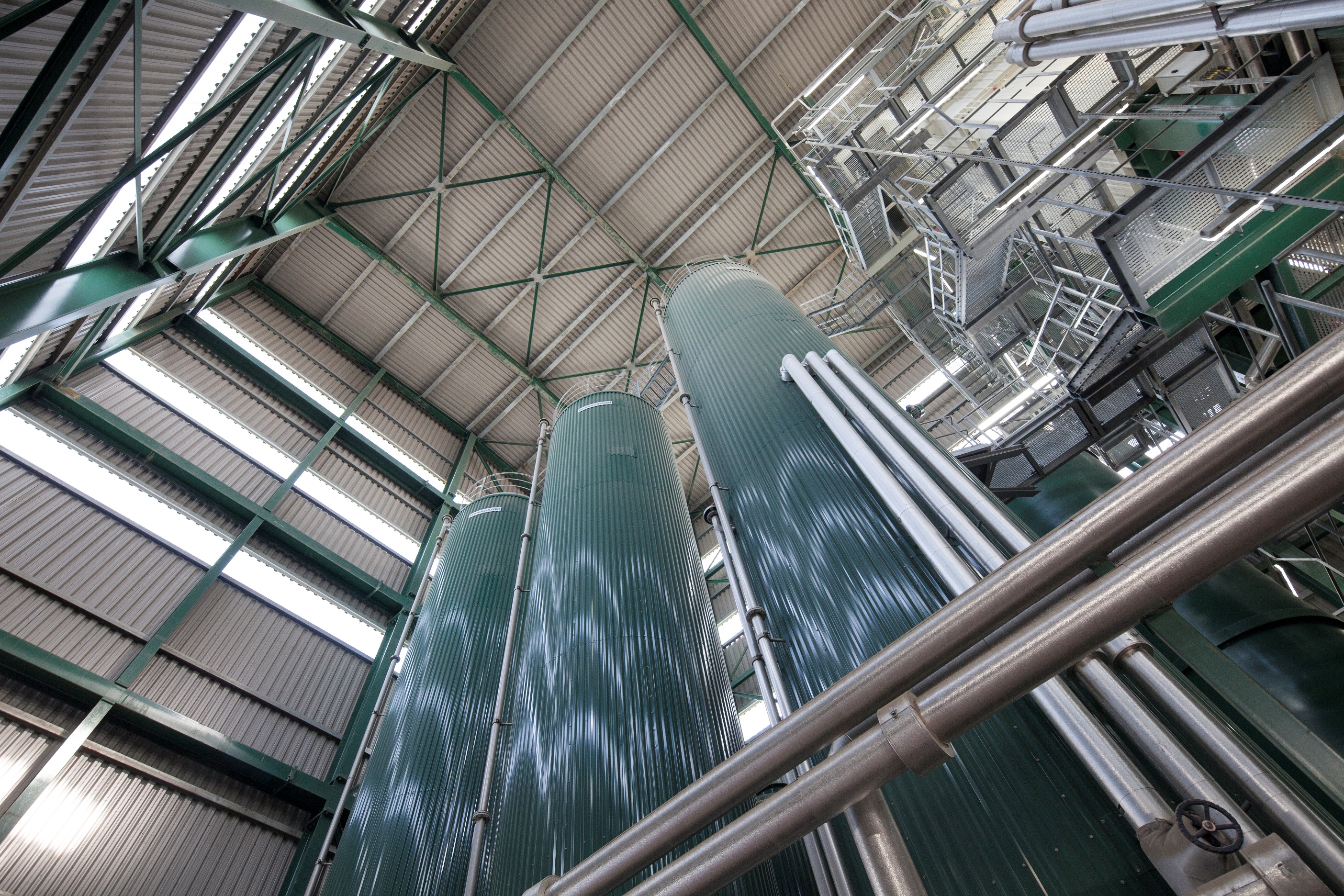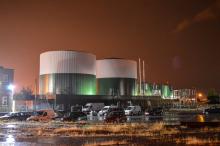
Asphalt is widely regarded as the most recycled material in the world. In the United States alone, 73 million tonnes of hot-mix asphalt is recycled every year; Across across the Atlantic Ocean in the UK, one major highways maintenance contractor is more than doing its bit to maintain asphalt’s world-leading recycled material status, as Guy Woodford discovers.
Delivering the road maintenance contracts for 17 of the London boroughs, as well as holding the North-West contract for Transport for London’s (TfL) London Highways Alliance Contract (LoHAC), FM
“We do a lot of precontract assessment by visual inspection and taking course from the highway which enables us to identify the material type in the highway, and the layers of its construction. The reason we do that is because there are certain parts of the road make-up that are more useful than others, and some parts that are distinctly not useful,” explains David Smith, development director at FM Conway. “We believe that if you have plenty of information about what you’re removing, you will be able to get the best use and value from it.
“We remove about 450,000 tonnes of material that we turn into aggregates by crushing, screening and washing various portions of it. There’s a further 200,000tonnes-plus of asphalt that we remove from site, process and store it. This is to try to create quality assured sources of materials for our own use. This is very important for asphalt specification compliance.”
Due to owning and operating two major asphalt recycling/manufacturing plants – one in Erith, and one newly opened in Heathrow – as well as aggregates crushing and washing facilities, FM Conway’s self-supply model, devised by the company’s chief executive, Michael Conway, means the business recycles 98% of the waste it generates. This approach protects FM Conway from price volatility and introduces a secure and guaranteed supply of aggregates. Bringing material supply in-house also cuts a layer of cost from the supply chain, making the company more competitive.
FM Conway’s approach to sustainability in London and the rest of the UK was fundamental to securing the €1.67 billion (£1.2 billion) LoHAC framework, helping the company increase turnover from €119.7 million (£86 million) in 2007/08 to around €250.5 million (£180 million) in 2013/14.
“Michael Conway became interested in using recycled materials some considerable time ago, and in some ways was ahead of the market, as the initial take-up of recycled materials wasn’t as it is now. Now, out of the 200 million tonnes the UK consumes each year, around 56 million is recycled aggregate of one form or another,” says Smith.
Smith also says that whilst there are a lot of UK companies recycling aggregates to a “greater or lesser extent”, due to the relative simplicity of the process, FM Conway stands out for incorporating into its recycling stream the recovery of gully waste. This is put through the company’s drainage treatment plant, and, from this, as well as water being recovered, recovered organics go to specialist subcontractors to be composted. Additionally, oil from the water goes to different specialist subcontractors to be placed in reclaimed fuels and oils.
KEY NUMBERS
• €48.7 million (£35 million) invested since 2005 in developing own recycling and manufacturing plants
• Two asphalt recycling plants at Erith and Heathrow
• One terminal at Imperial Wharf to import and store bitumen
• One water treatment and recycling facility
• One jetty on the Thames at Erith – removing 15,000 truck journeys from London’s roads
• 450,000tonnes of construction waste diverted from landfill, while also supplying 220,000tonnes of recycled aggregate to construction sites nationwide
• 98% of all generated waste recycled
• 2.4 million gallons of mains water saved each year by extracting water from gully waste recycling activities to wash aggregate
But the recycling doesn’t stop there, as Smith explains: “We also take silt, some of which we feed into aggregates, but the majority goes for bioremediation into soils. We take the water from the drainage treatment plant to feed the aggregates washing plant. Crushed rock aggregate tends to be washed to make low grade concrete aggregate. It goes back into our volumetric concrete truck mixers and is used to make low strength concrete, which goes under the 51km of kerb that we lay every year around London. The aggregate we don’t wash we process into sub-base material that goes underneath footways and highways across the capital.”
For its innovative London asphalt and other materials’ recycling operation, FM Conway uses
Of the use of highly sophisticated and efficient equipment models by FM Conway, Smith says: “People should abandon the charity shop view of recycled aggregates. This is not second-hand and cheap, it’s a properly engineered construction material. In order to produce such material from recovered material, you need to have the appropriate equipment.
“In terms of asphalt recycling, I would say we are the best in the UK. There are, at the last count, 296 asphalt plants operating in the United Kingdom, and we own two of only six with such special features.”
Both a contractor and supplier to TfL, FM Conway has just started its involvement in the development of one of a series of cycle superhighways that could revolutionise transport in the capital. The firm is working with TfL and their nominated engineering consultant to produce material with the highest possible recycled content to go into the paving of the cycle superhighway. “We’ve got external testing laboratories carrying out tests jointly supervised by FM Conway and TfL.”
FM Conway’s commitment to recycling asphalt and other materials has seen the firm win many construction and highways’ industry awards, including most recently The Building Awards 2015 ‘Contractor of the Year’ award. Last year, FM Conway was also awarded a coveted ‘Big Tick’ in the Business in the Community Responsible Business Awards.
Although delighted by such awards’ success, Smith believes that the real recognition for FM Conway’s recycling efforts can be found in its “repeated regaining” of long-term highway maintenance contracts.
He continues: “In a circular economy, we’ve found that quite a lot of the quality bids for long-term highways maintenance contracts have moved away from just focusing on the amount of recycle that goes in, and are now talking about carbon footprint and the amount of local people that are employed. The underlying trend is lower maintenance budgets for highways, and we believe that we can enable local authorities to do more for the same amount of money.”
FM Conway’s skills legacy
FM Conway has pledged to double the number of apprentices at the company by the end of the next financial year, at the same time as it launches a new scholarship programme for school leavers looking to begin a construction-based career. The firm currently employs 25 apprentices across the business. By April 2016, it has pledged to hire a further 25 apprentices, who will work across the business’s various disciplines serving public and private sector clients.
As part of a major push on skills, FM Conway is also launching a new work experience and scholarship programme, in partnership with the Construction Industry Training Board (CITB). The FM Conway Inspire scholarship programme will see three pupils about to complete their A-levels awarded a £1,500-a-year (€2,110) grant to study quantity surveying or engineering at university. During their degree, they will spend 10 weeks undertaking various work experience placements with FM Conway, with the opportunity on graduation to join the company full-time. Candidates for the scholarship programme are being provided through the CITB and through partnerships that FM Conway has formed with schools and colleges across London.





